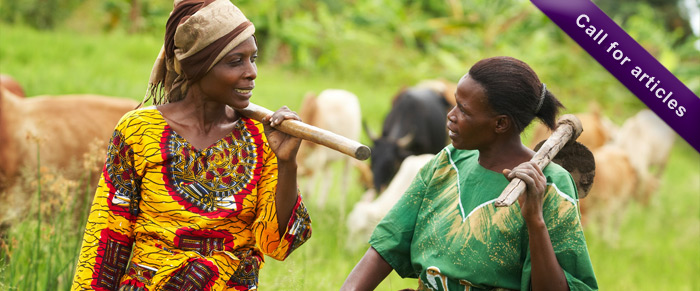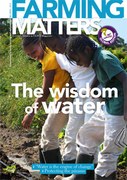Deadline: 1 December 2015
Knowledge building and sharing are central to agroecology and family farming. It is a dynamic process and knowledge increases by sharing and learning; both practice and theory are important. Each farm and each community is unique. Given the great diversity of agroecosystems the world over, there is a need to continuously build situation-specific knowledge that, moreover, allows farmers to develop under unpredictable and changing circumstances.
Knowledge co-creation between farmers, scientists and others is key in agroecology. This type of knowledge co-creation, based on practical experience in agriculture and the latest scientific insights, is fundamentally different from mainstream ‘lab to land’ agricultural science. The latter produces standardised prescriptions, while the former supports farmers to take their own decisions, connects the local situation with the global context (e.g. mitigating and adapting to climate change), and draws from the many different ways of knowing.
The March 2016 issue of Farming Matters will explore how knowledge is co-created and shared by and between farmers, scientists, educators, communicators, input suppliers, citizens, politicians, and others; especially women and youth. And how this helps to spread and scale up agroecological approaches. We invite you to share your concrete experiences with co-creation and sharing of agroecological knowledge. The possibilities are infinite: farmer to farmer knowledge exchange continues developing itself, joint learning processes between farmers and scientists become more common, and online communication technology provides new possibilities for knowledge co-creation. What ‘new’ knowledge was created and shared? How effective was this? How did it influence the lives of the people involved? What is the greater socio-political relevance of your experience?
Articles for the March 2016 issue of Farming Matters should be submitted before 1 December 2015.


